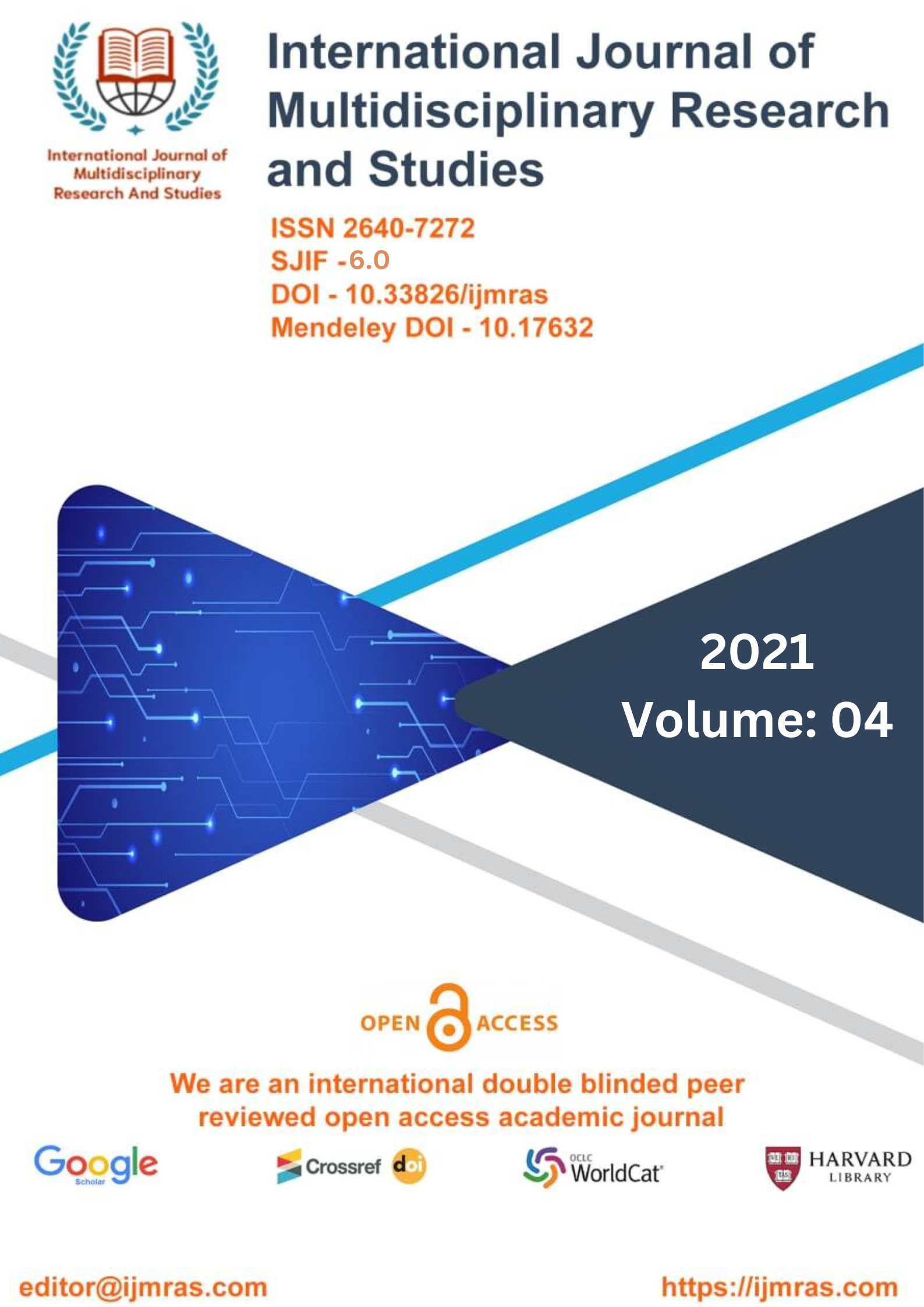COMPARING MYTH AND FOLKLORE IN WOLE SOYINKA AND GIRISH KARNAD

Abstract
Myth and ritual have been practised in the vast majority of the world's cultures. The beginnings of mythology and the reasons why they were created are an inescapable aspect of the annals of human history. This comparative study of myth and rituals in select plays by Wole Soyinka and Girish Karnad will bring up the themes of sacrifice, rejuvenation, and fidelity through the lens of myth and rituals in those select plays. The title of this paper is "Comparative study of myth and rituals in the select plays of Wole Soyinka and Girish Karnad." The plays by Wole Soyinka and Girish Karnad that will be examined are "The Strong Breed" and "Naga-Mandala," respectively. The research would offer insight on the extent to which these two authors' mythological awareness becomes a powerful weapon to remark upon the modern world. The mythopoeic visions of these postcolonial writers represent the ethos of their different cultures via the development of theatrical forms, so recalling both the legendary powers and real performances of their original culture. In addition to this, the paper would shed light on the role that myths and rituals play in bringing both the individual and the entire society together. In the article, sociological theory would be utilised in an effort to demonstrate how myths and rituals have an effect, not only on the human mind, but also on the society to which that individual belongs.
Keywords
study, history, humanHow to Cite
References
Abiodun, Rowland, ‘Woman in Yoruba Religious Images’, African LanguagesandCultures,2.1(1989),
Adiga,Arvind,‘ArtoftheProvincial’,TimesofIndia:Opinion31March2012.
Altuwaijri, Hala M, in Cosmology and Politics in Wole Soyinka’s ‘A Dance oftheForests’[accessed25July2012]
Awasthi, Suresh, ‘In Defence of the “Theatre of Roots”’, Sangeet Natak, 77-78 (1985),
‘Bharat Bhawan’, in Cities & Towns: A Comprehensive Guide to Major Citiesin India [accessed25June2012]
(Cambridge:CambridgeUniversityPress,1993)
Chandrashekhar,K.,‘BeforetheCurtainCall’,TheHindu,21March1999
Coleman, James S., and Carl G. Rosberg, Jr., eds, Political Parties andNational Integration in Tropical Africa (Berkeley and Los Angeles: UniversityofCaliforniaPress,1966)
Cosentino,DonaldJ.,‘Repossession:OguninFolkloreandLiterature’,inAfrica’s Ogun: Old World and New, intr. and ed. by Sandra T. Barnes(Indiana,USA: IndianaUniversityPress,1997)
Creel,AustinB.,‘DharmaasanEthicalCategoryRelatingtoFreedomandResponsibility’, Nigeria (London: Greenwood Press,2001)
Mumbai Mirror: Theatre, out of the Venue Box’, Times ofIndia:Art & Culture(15December2011)
Jorre, John de St., The Nigerian Civil War (London: Hodder and Stoughton,1972)
Kama Sutra ‘Secrets of the Vatsyayana’: Volume 1, trans. by Richard F.Burton(Lotus BlossomPublications,2011)
AmericanGeographicalSociety,78.1(January1988)
Kosta, Abhishek, ‘Cultural Production of Gender in the Mythical Plays ofKarnad’, IOSR Journal of Humanities and Social Science (IOSR-JHSS), 11.1(2013),116-120
Krishnamayi,‘RedefiningtheInsurgentFemalePsycheinanAndrocentricMilieu’,TheIndianJournalofEnglishStudies,41(2003-04),
Kumar, Nand, ‘Myths in the Plays of Girish Karnad’, in Indian English Drama:AStudy in Myths(New Delhi: Sarup&Sons,2003)
License
Copyright (c) 2021 NISHA SHREE

This work is licensed under a Creative Commons Attribution 4.0 International License.
Individual articles are published Open Access under the Creative Commons Licence: CC-BY 4.0.




